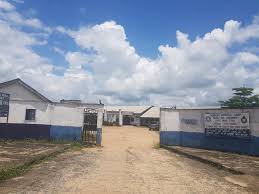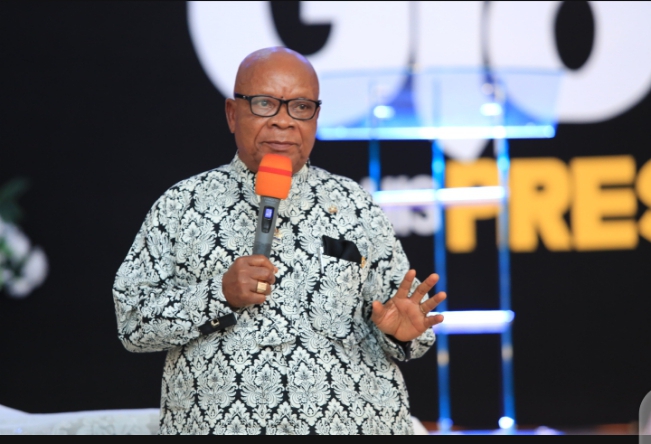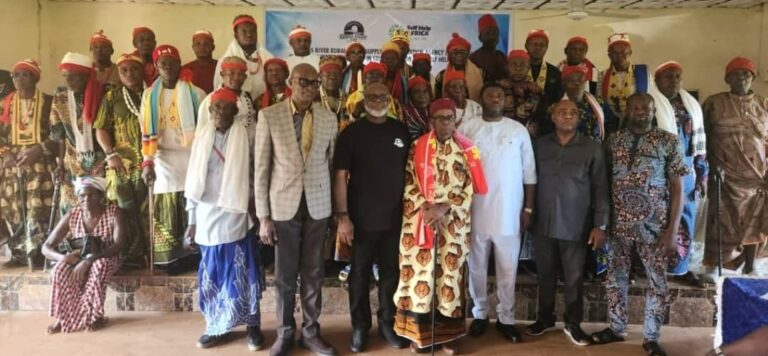
By Chief Okoi Obono-Obla
I recently came across an article authored by Prince Bassey Onen titled Ugep General Hospital: A Death Zone for Patients, which seeks to call attention to the alarming deterioration of the General Hospital, Ugep—a facility currently under the care of the Cross River State Government.
While the call for intervention is commendable, the article unfortunately contains numerous factual inaccuracies, misrepresentations, and historical distortions. Chief among them is the claim that the hospital was established by the then President of the Federal Republic of Nigeria, Alhaji Shehu Aliyu Shagari, in 1979. This assertion is categorically false. One must ask: What role would a sitting President have had in initiating a hospital in Ugep at that time? Such a claim is not only misleading—it is deeply insulting to the resourceful people of Ugep.
In truth, the hospital was conceived and built in the 1970s through a communal effort, driven by local initiative and selfless dedication. The people of Ugep, without support from any level of government—federal, state, or local—taxed themselves and raised funds to construct the hospital. It stood proudly as Community Hospital, Ugep until it was taken over by the Cross River State Government in 1991.
READ ALSO: Police arrest one suspect over killing of ten Ebonyi indigenes in Anambra
This monumental undertaking was spearheaded by the revered Chief Onun Eteng Ikpi—a distinguished Cambridge graduate and celebrated civil servant who rose to the esteemed position of permanent secretary in the Eastern Nigeria Regional Government in the 1950s. Chief Ikpi was also the father of renowned academic, Professor Ekanem Ikpi Braide.
This spirit of communal development was not unique to the hospital. In 1963, the people of Ugep also came together to establish the Community Secondary Grammar School, Ugep, a pioneering institution that transformed secondary education across Yakurr, Obubra, and Biase Local Government Areas in the 1960s and 1970s.
The Ugep community’s legacy is one of resilience, unity, and a fierce commitment to progress. It deserves accurate representation. If one wishes to recount our history, it is imperative to consult the facts and honor the truth.
@ Okoi Obono-Obla




